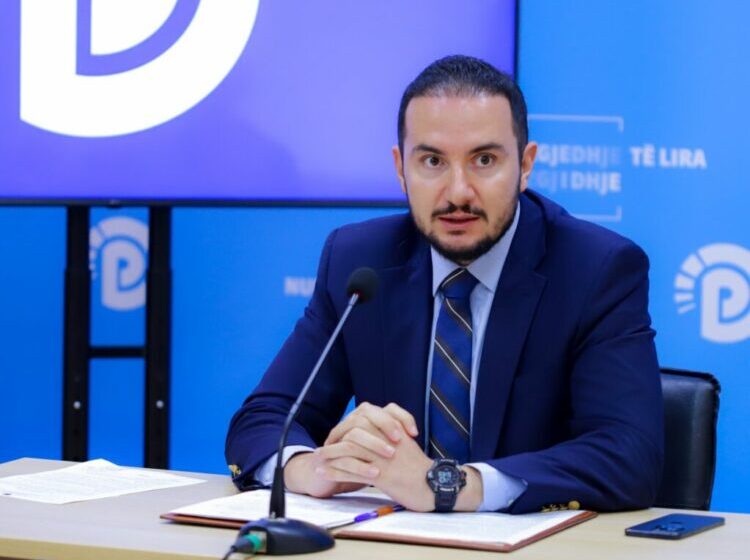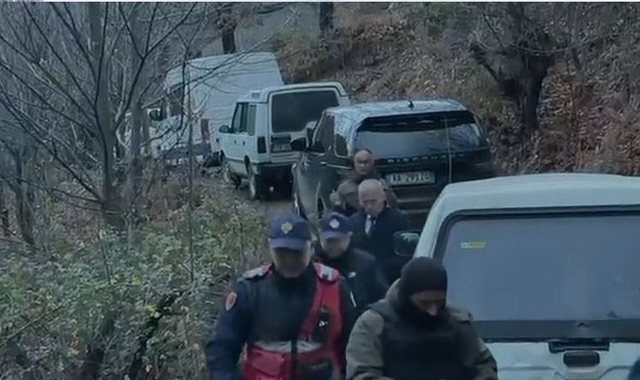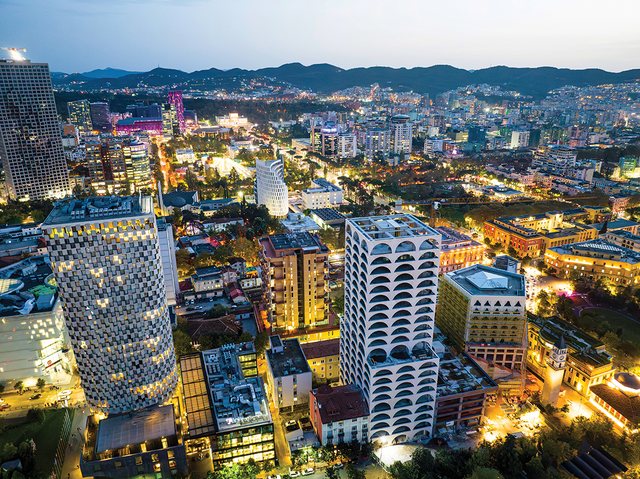Albanian crime bosses no longer safe in Dubai, as extraditions intensify

For years, Dubai was considered a safe haven for high-profile Albanian crime figures. Despite being on international wanted lists or convicted in absentia, many operated undisturbed from the UAE. That era appears to be ending, writes Arsen Rusta.
Why is this important: Since 2024, at least six individuals with serious criminal records have been deported or extradited from the United Arab Emirates to Albania—marking a significant shift in what was once seen as an impenetrable barrier to Albanian justice efforts. The change signals a turning point in international cooperation on organized crime, particularly between Albania and the UAE. Long criticized for being uncooperative on criminal extraditions, Emirati authorities now seem more open to facilitating the return of fugitives. It’s a blow to Albania’s underworld, which had relied on Dubai as a last refuge.
Context: On March 13, 2024, Bruno Çobo became the first of the new wave of returnees, landing in Albania in handcuffs. Then-Interior Minister Taulant Balla hailed it as a “new chapter” in bilateral cooperation. Skepticism was rife, but five months later, two more names—Plaurent Dervishi and Julian Meçe—followed, brought back on August 14. All three denied being formally extradited, claiming instead they returned voluntarily to face justice.
On May 2, 2025, notorious criminal Florenc Çapja was flown to Albania under similar circumstances. Like others before him, Çapja also claimed in court that he had not been extradited.
Although Albanian authorities have not disclosed the precise legal mechanisms used in these returns, the pattern is clear: fugitives once shielded by Dubai are no longer untouchable.
What else: According to Interpol sources who spoke to the investigative TV program “FactCheck,” the next name expected to arrive in Albania is Durim Bami, a longtime fugitive. Meanwhile, three other individuals linked to the Talo Çela criminal organization—Ervis Daka, Maksim Koçi, and Ado Xhika—have already been arrested in Dubai and are awaiting deportation or extradition proceedings.
Outside of the UAE, Albania has also secured the return of Dritan Rexhepi, another high-profile criminal, this time from Turkey. He had been wanted by several European countries but was eventually handed over to Albanian authorities following a court decision in Ankara.
The sudden reversal in Dubai’s stance raises questions about what prompted the shift—diplomatic pressure, new bilateral agreements, or broader global scrutiny of the UAE’s role as a haven for international crime. Regardless, the message is clear: the walls are closing in.


